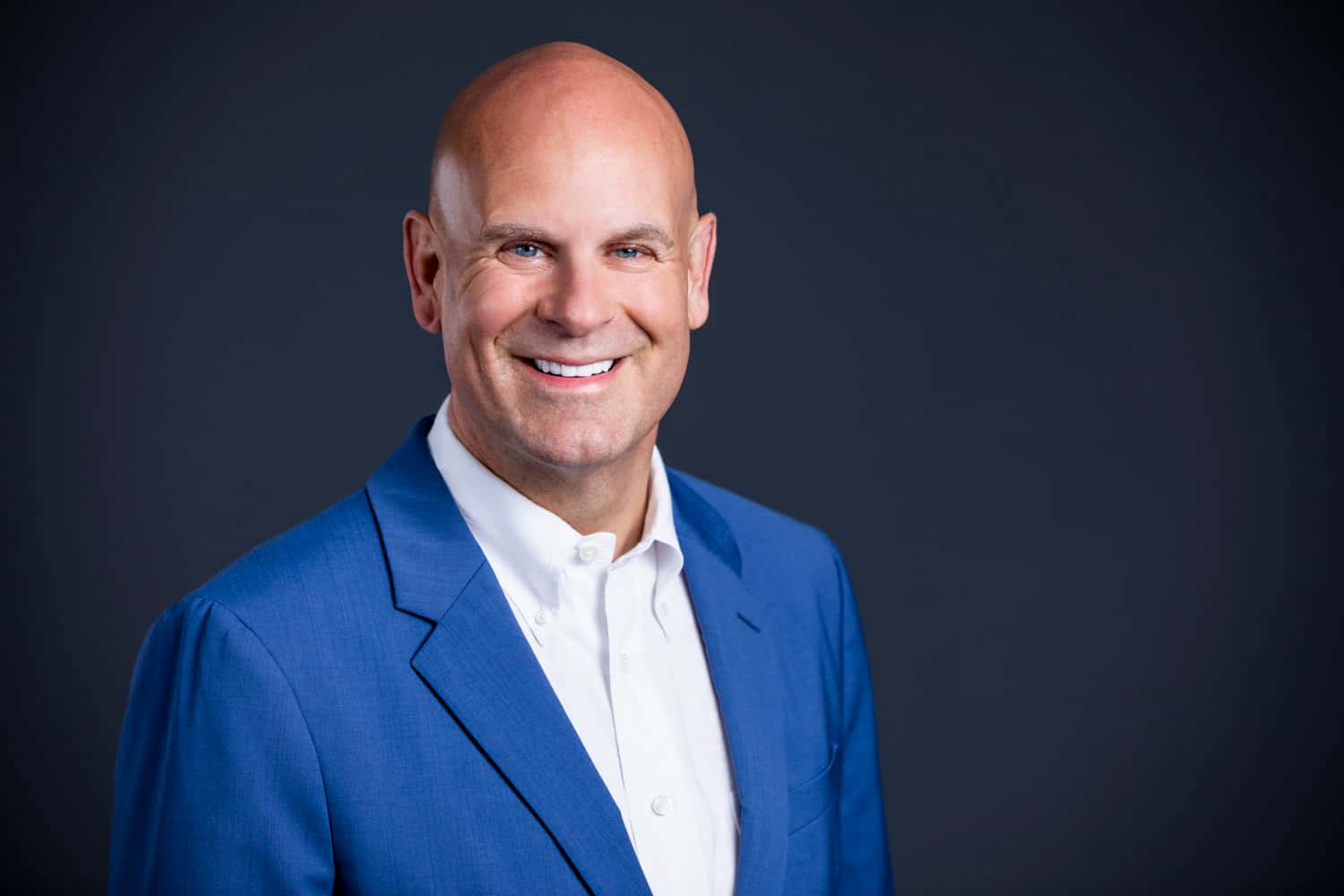
The Life-Saving Science of Spontaneous Healing (Archive)
Doctors rarely study spontaneous remissions from serious diseases. Why not? They are unpredictable, for one thing. For another, they are said to be exceedingly rare. Despite this, Dr. Jeffrey Rediger has found that most of his colleagues are aware of at least one case that defies explanation by conventional science. He set out to learn more about the survivors whose extraordinary recoveries might teach us something about the science of spontaneous healing.
Is There a Science of Spontaneous Healing?
Dr. Rediger has collected case histories of “ultimate achievers” in health: people who not only failed to die of their terminal illnesses, but managed to recover and thrive, at least for a significant time. He has found a number of commonalities in their approaches.
For many of these people, receiving a serious diagnosis was the impetus to change things in their lives. Some (though not all) of them changed the way they ate. Likewise, many changed their work and their relationships so that they were focused every day on the things that had the most meaning for them. Every survivor examined their beliefs, reclaimed their true identity and took massive responsibility for their own healing.
Boosting the Immune System:
Around the turn of the 20th century, Dr. William Coley discovered how to use the power of fever to treat patients with cancer. Injecting a bacterial toxin revved up the immune system so that it addressed tumors that had previously grown unopposed. Although Dr. Coley’s work was ignored for much of the past century, it has recently been re-discovered. According to Dr. Rediger, understanding the role of immune system is an important part of the science of spontaneous healing.
Stress and Spontaneous Healing:
A serious diagnosis is extremely stressful. However, for many of the individuals that Dr. Rediger has studied, life before diagnosis was also filled with stress. Learning new ways to manage it, by activating the parasympathetic nervous system through meditation or other means, apparently contributed to their recoveries.
Listen to find out what the rest of us can learn about staying healthy from those who have experienced unusual spontaneous remissions. We don’t want to give anyone false hope. Why shouldn’t we be just as concerned about false hopelessness?
This Week’s Guest:
Jeffrey Rediger, MD, MDiv, is on the faculty of Harvard Medical School, the Medical Director of McLean SE Adult Psychiatry and Community Affairs at McLean Hospital, and the Chief of Behavioral Medicine at Caritas Good Samaritan Medical Center.
A licensed physician and board-certified psychiatrist, he also has a Master of Divinity from Princeton Theological Seminary. Dr. Rediger has been studying spontaneous healing since 2003, pioneering the use of science to investigate recoveries from incurable diseases.
He is the author of Cured: The Life-Changing Science of Spontaneous Healing.
Listen to the Podcast:
The podcast of this program will be available the Monday after the broadcast date (Nov. 27, 2021). You can stream the show online from this site and download the podcast for free.

